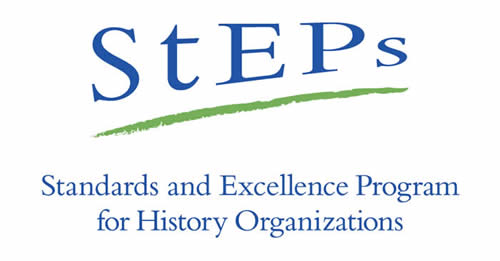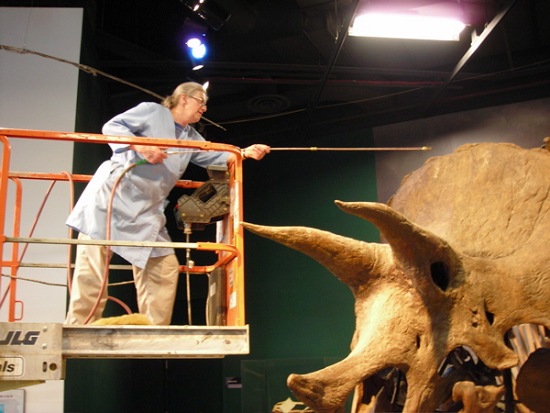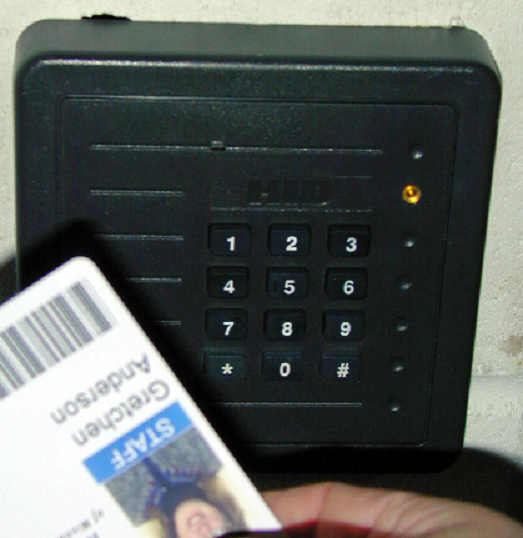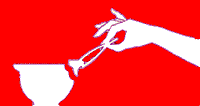|
|
| Northern
States Conservation
Center provides
training, collection
care, preservation and
conservation treatment
services. |
|
AASLH
Collections
Management Workshop
New StEPs program
changes workshop
offerings

Annually the
AASLH
collections
management workshop
is hosted by a
different U.S.
museum. June 24-25,
the Connecticut
Humanities Council
hosted the workshop at
the Wethersfield
Historical Society for
24 participants.
Using board games and
the newly launched StEPs
(Standards and
Excellence Program for
History Organizations)
program guidelines,
Vicki Berger and Helen
Alten emphasized the
basic procedures and
policy documents needed
for a museum to manage
collections
professionally.
Participants received
the CCI's Framework for
Preservation wall chart,
cotton gloves, sample
materials, supplier
catalogs and a valuable
networking opportunity.
Winners of "Get a Clue:
Agents of Deterioration
Board Game" received
emergency flashlights.
|
Museum
Cleaning
Basics online
class
Starting July 19,
2010

|
Introduction
to Museum
Security
Starting July 19,
2010
Electronic
or manual logs keep
tabs on who enters
collection areas.
 |
World
events
continually
remind us just
how important
security is. The
FBI and Interpol
databases record
thefts from
small rural
museums and
world renowned
art collections.
The prevalence
of collections
lost to theft is
brought home to
us with regular
sensational
newspaper
stories. And
then there are
the internal
thefts, fires,
and collection
vandalism that
also result in
loss. Security
must be a
priority for
every museum,
regardless of
size.
Introduction to
Security
teaches basic,
practical
approaches to
protecting against
threats such as
theft, vandalism,
violent acts,
natural disasters,
fire and
environmental
hazards. Topics
include selecting
security systems,
determining
security needs and
how to build
affordable
security systems.
Screening, hiring,
firing, workplace
violence, policies
and procedures and
emergency
management
planning are
covered as well.
|
The
Mission
Statement: Is
it really that
important?
Starting July 12,
2010
|
|
|
|
We hope you enjoyed
this issue of
Collections
Caretaker. Please let
us know if there are
topics you would like
covered in the future.
|
|
|



